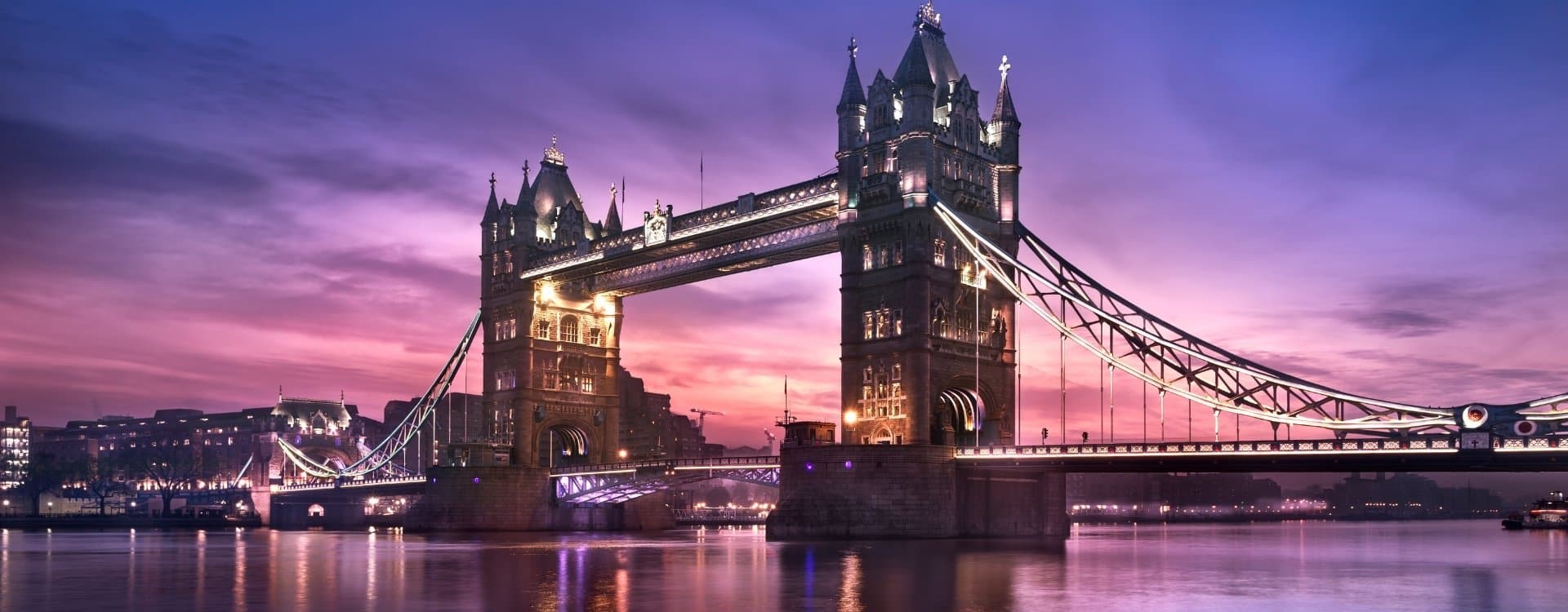Live and work in London
London, the dynamic capital of the United Kingdom, is one of the most iconic and influential cities in the world. With its mix of historic landmarks, modern skyscrapers, cultural diversity, and economic opportunities, London attracts professionals, students, and expats from around the globe. Whether you’re moving to London for career advancement, educational pursuits, or an exciting change of pace, this comprehensive guide provides all you need to know about living and working in London, from job opportunities and accommodation to cost of living and lifestyle tips.
Latest jobs in London and United Kingdom
Unfortunately, we do not have any vacancies matching this search. Below are some of our most popular vacancies!
- Customer support
- Malta
- Customer support
- Greece
- Marketing
- Bulgaria
- Customer support
- Portugal
Working in London
Working Conditions in London
London offers a structured, professional work environment with employee rights protected under UK law. A standard workweek is 37 to 40 hours, typically Monday through Friday, though flexible arrangements like remote work and compressed hours are increasingly popular, especially in industries like tech, finance, and media.
Employees in London are entitled to:
- 28 days of annual paid leave, including public holidays.
- Maternity and paternity leave: UK law ensures generous leave for new parents.
- Minimum wage: For employees aged 23 and over, the National Living Wage is £10.42 per hour (2024).
London’s work culture values professionalism, punctuality, and innovation, but it also promotes a strong work-life balance, especially in modern companies. Businesses often offer perks such as gym memberships, wellness programs, and flexible schedules to retain talent.
Job Opportunities in London
London’s diverse economy and status as a global financial hub mean there are abundant job opportunities for skilled professionals across multiple industries. Here are some of the city’s strongest sectors:
Finance and Banking
London is one of the world’s leading financial centers. The City of London and Canary Wharf house major institutions like HSBC, Barclays, JP Morgan, and countless hedge funds and investment firms. Roles in investment banking, asset management, and fintech are highly sought after.
Technology and Start-ups
London’s tech industry is booming, with opportunities in software development, AI, cybersecurity, and digital marketing. The Silicon Roundabout in Shoreditch is home to start-ups and innovative tech companies, while global giants like Google, Facebook, and Amazon also have headquarters in the city.
Creative Industries
London is a creative hub for media, fashion, film, and advertising. Jobs in journalism, content creation, design, and public relations are widely available. Soho and Camden are central to the city’s creative and artistic sectors.
Healthcare
The National Health Service (NHS) is a major employer in London, offering opportunities for doctors, nurses, and other healthcare professionals. Private hospitals, such as those in Harley Street, also cater to a growing number of international patients.
Education
London’s education sector is strong, with international schools, prestigious universities, and language academies hiring qualified teachers and academic professionals. Institutions like University College London (UCL) and Imperial College London attract global talent.
Hospitality and Tourism
With millions of tourists visiting annually, London’s hospitality industry is thriving. Roles in hotels, restaurants, museums, and event planning are common, particularly in central London.
Salaries in London
Salaries in London are among the highest in the UK, reflecting the city’s cost of living. The average annual salary in London is approximately £42,000 (€49,000), though earnings vary significantly by industry and role:
- Finance and banking: £50,000 to £120,000 (€58,000–€140,000).
- IT and technology: £45,000 to £90,000 (€52,000–€105,000).
- Healthcare professionals: £35,000 to £100,000 (€40,000–€115,000).
- Teachers and educators: £30,000 to £60,000 (€35,000–€70,000).
- Hospitality and retail: £25,000 to £40,000 (€29,000–€46,000).
While salaries are high, the cost of living can offset earnings, particularly in housing and commuting expenses. However, many employers offer competitive benefit packages to compensate.
Income Tax in London
The UK has a progressive income tax system:
- 20% on earnings up to £50,270.
- 40% on earnings between £50,271 and £125,140.
- 45% on earnings above £125,140.
In addition to income tax, employees pay National Insurance contributions (12%), covering pensions, healthcare, and unemployment benefits. Expats should ensure they have a National Insurance Number (NIN) and consult tax treaties to avoid double taxation.

Living in London
Benefits of Living in London
Living in London means access to a world-class city that combines history, culture, diversity, and opportunity. Benefits include:
- Career opportunities: London is a hub for almost every industry.
- Cultural richness: Museums, theaters, galleries, and landmarks abound.
- Diversity: Over 300 languages are spoken in London, reflecting its international community.
- Travel connectivity: London is a gateway to Europe and beyond, with six major airports and excellent train links.
Accommodation in London
Housing is one of the largest expenses in London. Rent prices vary widely depending on the location:
- Central London (Zones 1–2): £1,800 to £3,000 (€2,100–€3,500) for a one-bedroom apartment.
- Greater London (Zones 3–5): £1,200 to £1,800 (€1,400–€2,100).
- Shared housing: £800 to £1,200 (€930–€1,400) per month for a room.
Popular areas include:
- North London: Camden, Islington – vibrant, artsy neighborhoods.
- East London: Shoreditch, Hackney – trendy, with many start-ups.
- West London: Kensington, Notting Hill – affluent, family-friendly areas.
- South London: Clapham, Brixton – affordable and well-connected.
Websites like Rightmove, Zoopla, and SpareRoom are excellent for finding rentals.
Cost of Living in London
The cost of living in London is high compared to other UK cities. Average monthly expenses for a single person include:
- Rent: £1,200 to £2,500 (€1,400–€2,900).
- Groceries: £250 to £350 (€290–€400).
- Dining out: £15 to £50 (€18–€58) per meal.
- Public transport: £160 (€185) monthly pass for Zones 1–3.
- Utilities: £200 to £300 (€230–€350).
Public Transport in London
London’s public transport system is world-class, covering the city through the Underground (Tube), buses, and trains. Travel costs include:
- Monthly pass for Zones 1–3: £160 (€185).
- Oyster cards or contactless payments provide discounted fares.
Cycling is also popular, with bike-sharing schemes like Santander Cycles.
Things to Do in London as a Local
Cultural Exploration
- Visit free museums like the British Museum and the Tate Modern.
- Attend theater shows in the West End or fringe performances in Soho.
Outdoor Activities
- Enjoy running or relaxing in Hyde Park, Richmond Park, or Hampstead Heath.
- Walk along the South Bank for views of the Thames and London Eye.
Weekends Away
- Take day trips to Brighton, Windsor, or Cambridge.
- Visit Bath or the Cotswolds for a countryside retreat.
Fitness and Wellness
- Join gyms like PureGym or boutique studios for yoga and pilates.
- Explore London’s growing wellness culture with spas and rooftop fitness sessions.
Social Life
- Network with professionals through events on Meetup and Internations.
- Relax at cozy pubs in Mayfair or enjoy street food in Borough Market.
Weather in London
London has a temperate climate, with mild summers and cool, damp winters:
- Summer: 18–25°C (64–77°F).
- Winter: 2–8°C (36–46°F).
Rain showers are frequent, so always carry an umbrella!








